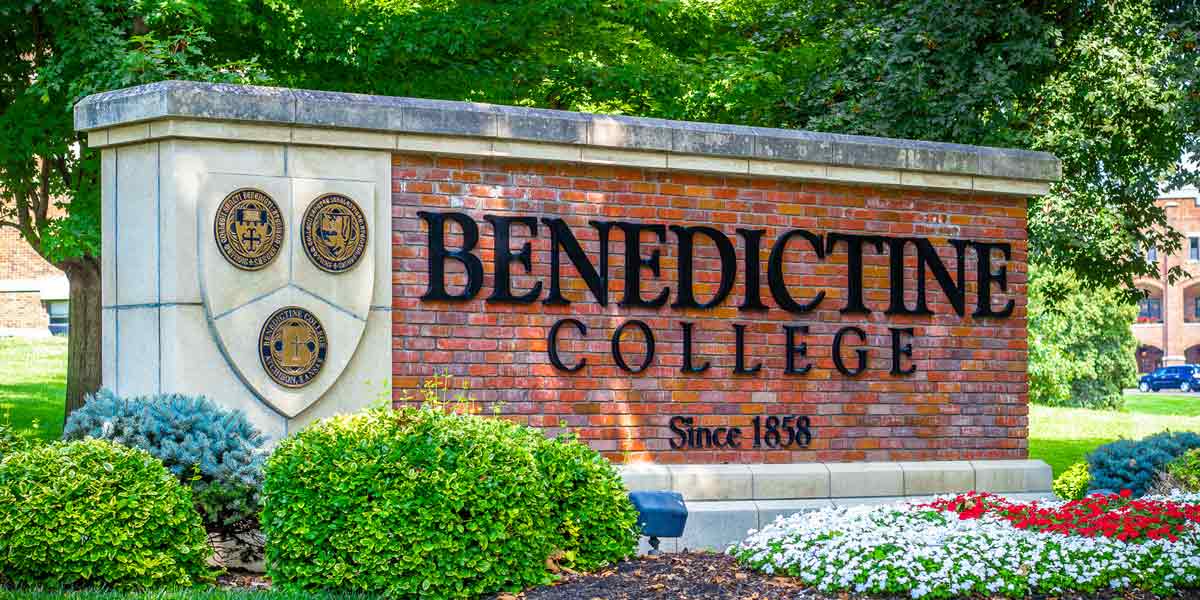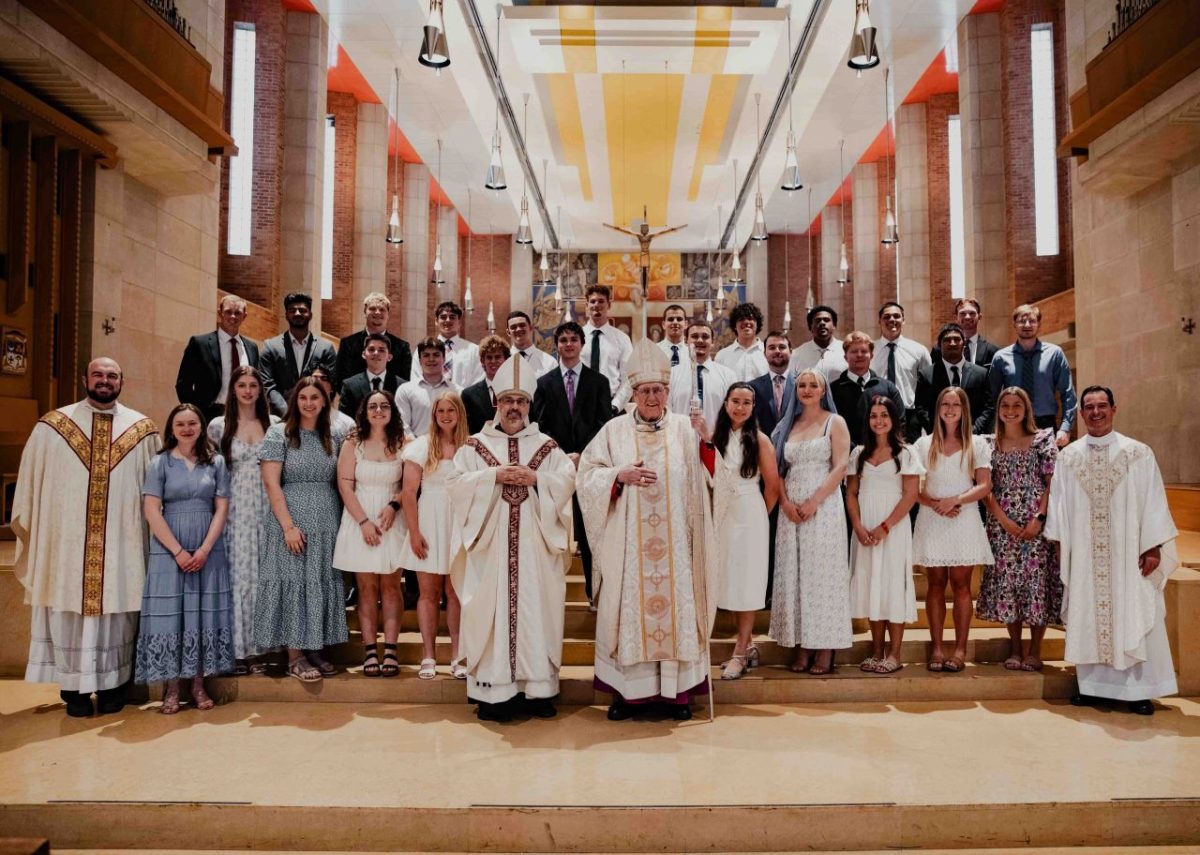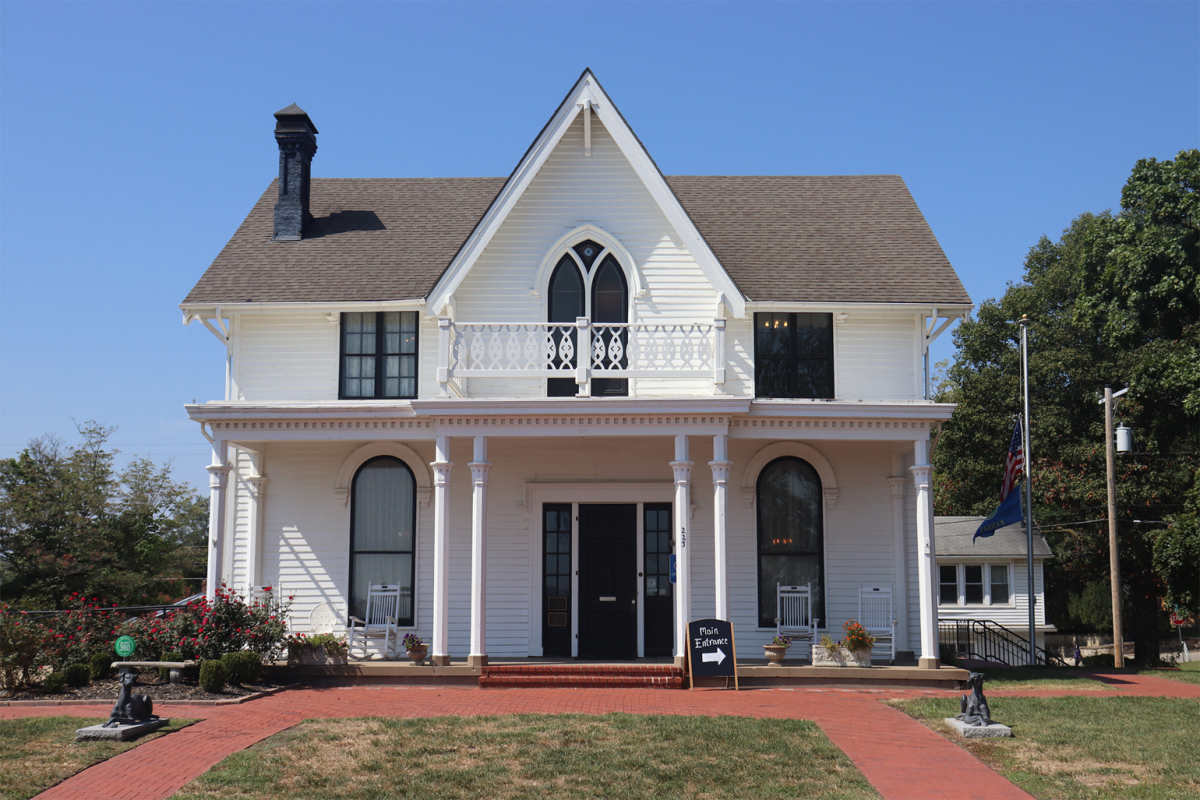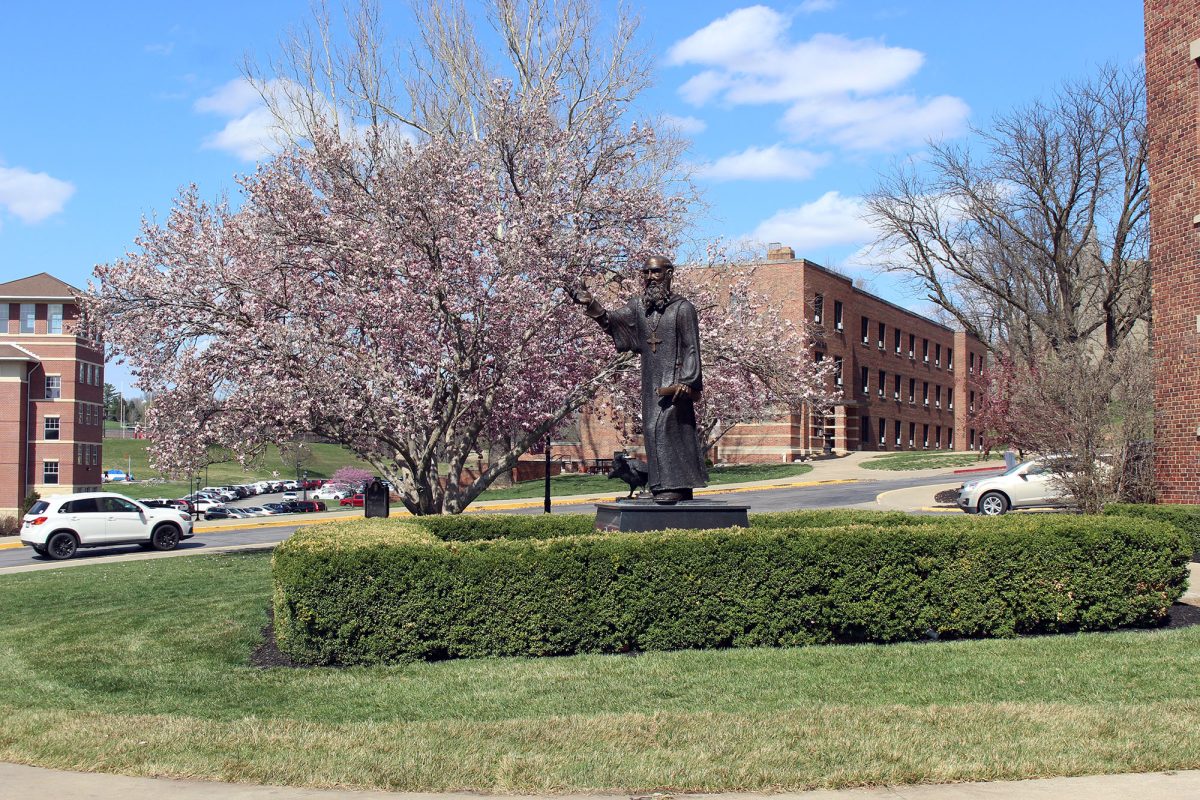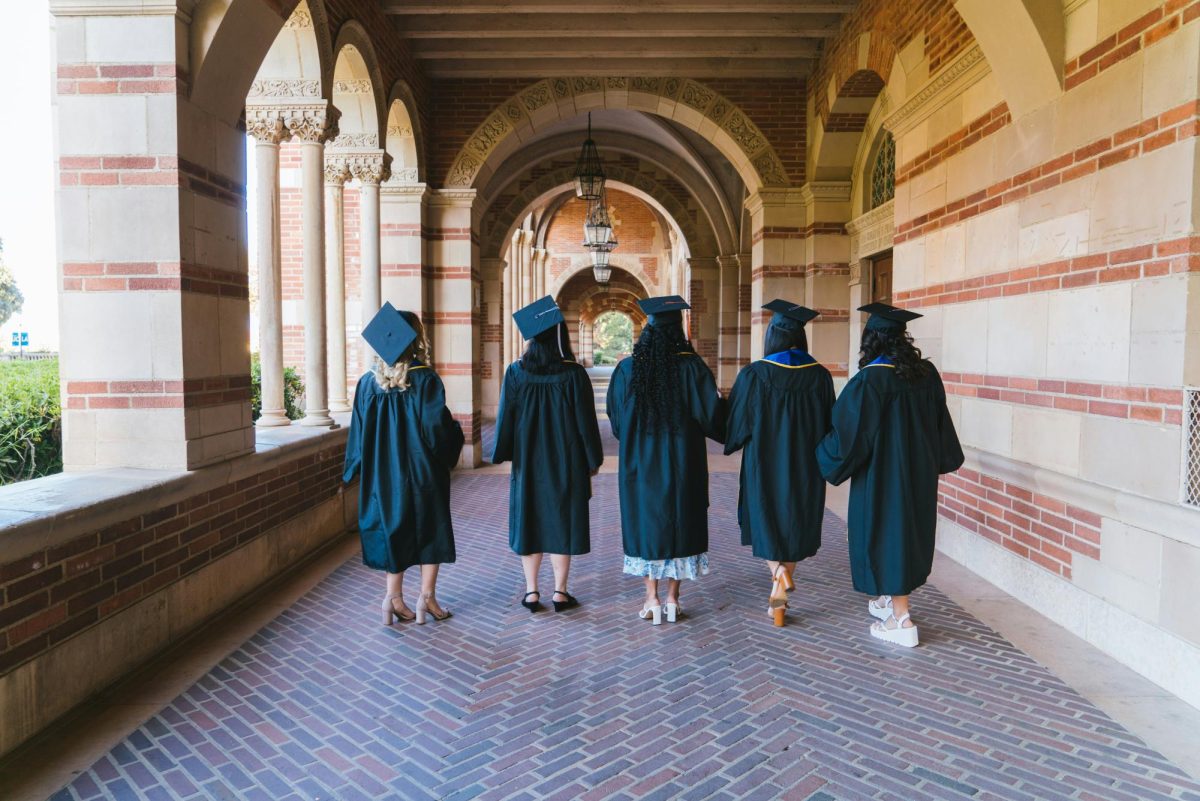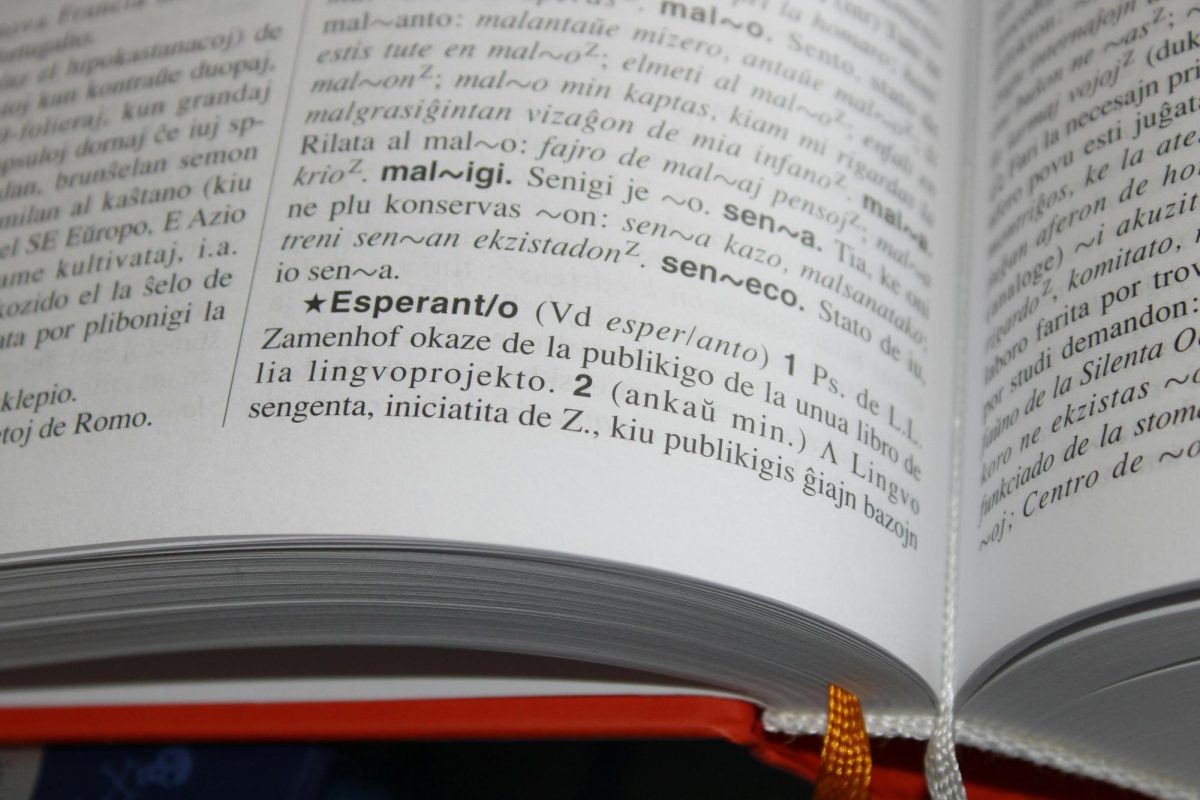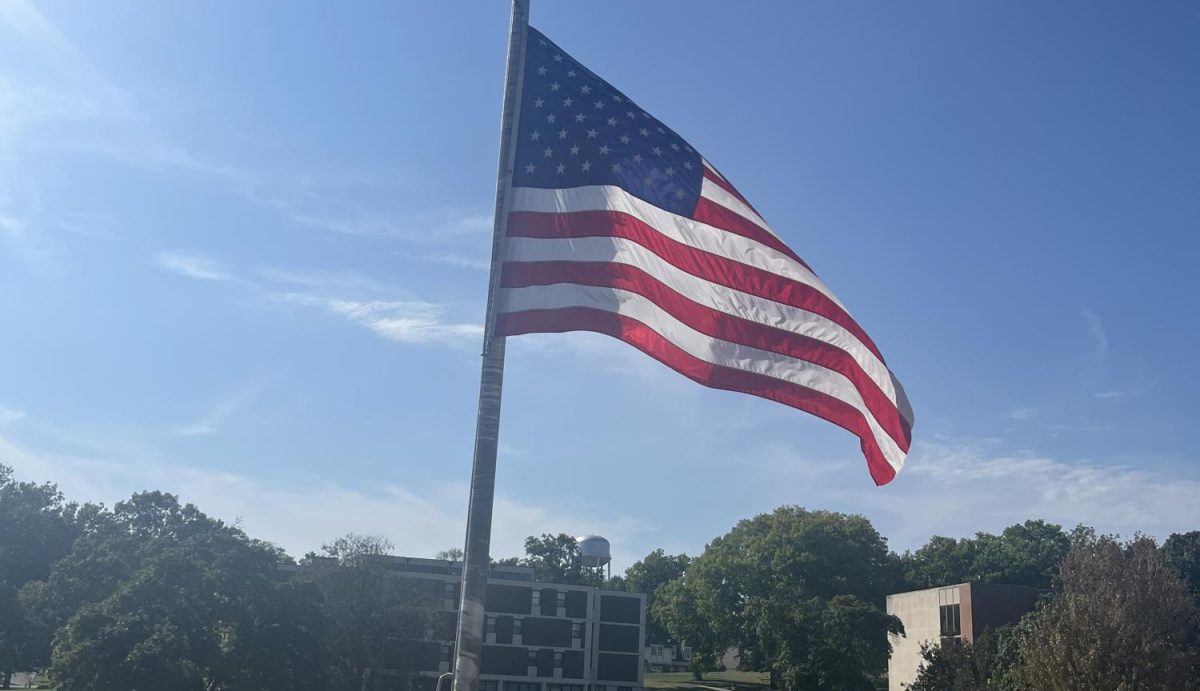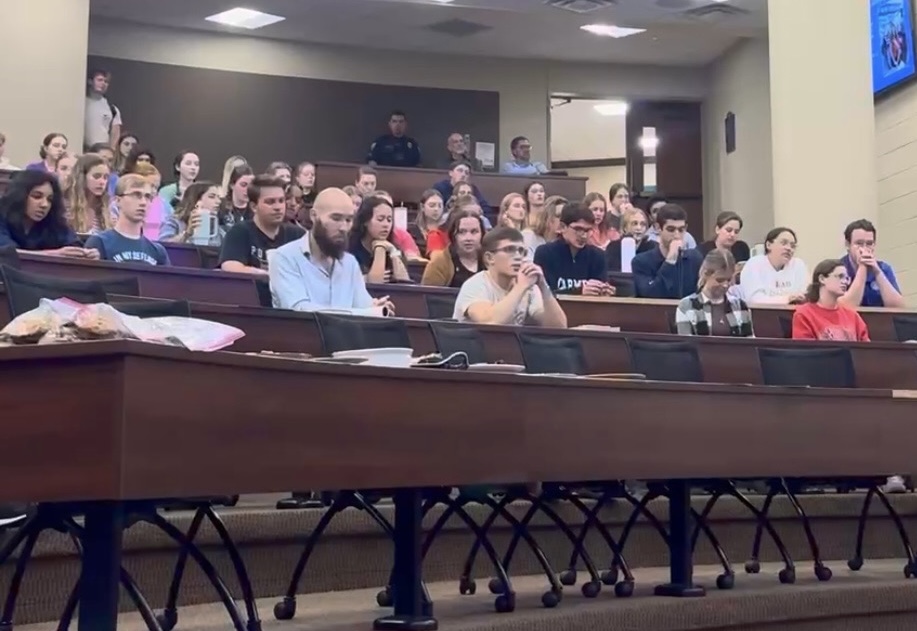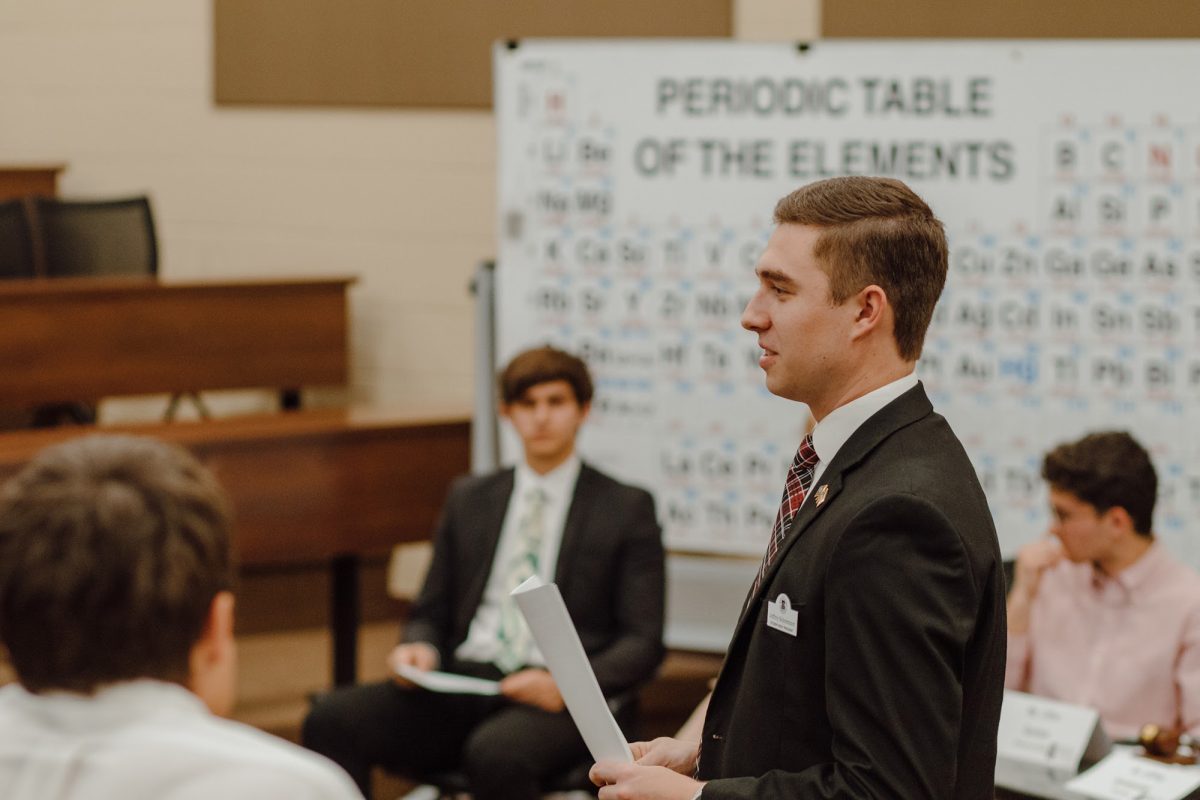Nationwide American college students are falling prey to a rising epidemic: a lack of civic knowledge.
According to a recent survey conducted by the American Council of Trustees and Alumni (ACTA), many college students today do not possess basic civic knowledge.
The survey concluded that only 31% of students know who the Father of the Constitution is, 60% are unable to identify the term lengths of the U.S. Senate and the U.S. House of Representatives, and only 27% knew Harris is the president of the Senate.
Bradley Jackson, the Vice President of Policy at ACTA, is concerned about this survey because it shows that the next generation is not prepared to engage in U.S. Democracy.
“Students today are sadly unprepared for participation in our democratic republic,” Jackson said.
Jackson attributes the cause of misinformed college students to the education system, including colleges and universities. Rather than teaching the history and values of this country, educators have participated in a trend of portraying politics as polarizing and talking about the U.S. government in terms of ideologies.
“They [educators] must lead the way toward a renewal of civic education, rather than aggravating polarization and flattening our discourse with illiberal ideology,” he said.
The American Legislative Exchange Council (ALEC) also attributes the lack of civic knowledge to the civic education system.
“Many students are graduating high school without ever having taken a civics course,” according to ALEC.
ALEC also criticizes the lack of funding for civic education, unlike STEM.
“The federal government has prioritized science, technology, engineering, and math (STEM) courses to the tune of $2.95 billion per year. For comparison, civics education receives just $4 million in annual funding from the federal government – just a tenth of a percent of what STEM courses receive. Ultimately, school districts will focus their efforts on whatever courses and content will generate the most appropriation dollars.”
Dr. Kevin Vance, director of The Center for Constitutional Liberty at Benedictine College, said civic education is important because it helps students have a sense of gratitude for American democracy and the historical American men and women who dedicated themselves to protecting it.
“Civic education can be an important way to foster an appreciation and love of those things that are closest to us like our own political regime, our political leaders, and our own historical heroes,” Vance said.
The Heritage Foundation says that without civic education, many Americans will not know how to participate in self-governance or how to exercise their freedom and rights.
“People must be ‘well-informed’ and ‘well-instructed’ to be trusted with self-government and to remain free,” the Foundation states in an article.
Where many educators fail, students should take their civic education into their own hands by studying. Vance encouraged Benedictine students to begin by studying the American founding documents–-the Constitution and the Declaration of Independence. Students can also attend talks hosted by the Center of Constitutional Liberty to reach a deeper understanding.




